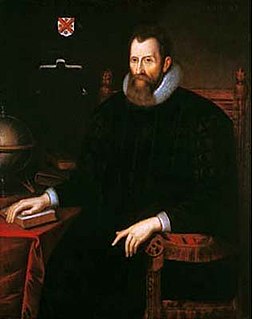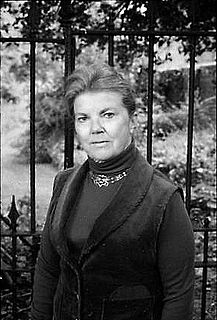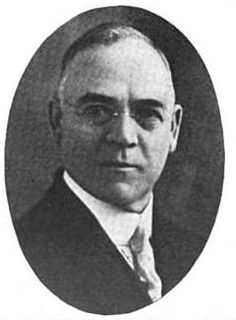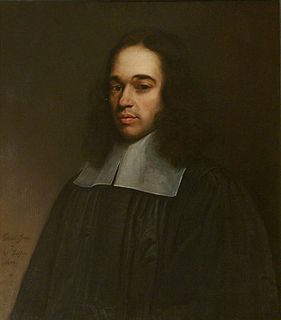A Quote by Matthew Arnold
I knew the mass of men conceal'd Their thoughts, for fear that if reveal'd They would by other men be met With blank indifference.
Related Quotes
Alas! is even love too weak
To unlock the heart, and let it speak?
Are even lovers powerless to reveal
To one another what indeed they feel?
I knew the mass of men conceal'd
Their thoughts, for fear that if reveal'd
They would by other men be met
With blank indifference, or with blame reproved;
I knew they lived and moved
Trick'd in disguises, alien to the rest
Of men, and alien to themselves - and yet
The same heart beats in every human breast!
Efficiency in an assembly requires a solid mass of steady votes; and these are collected by a deferential attachment to particular men, or by a belief in the principles that those men represent, and they are maintained by fear of those men - by the fear that if you vote against them, you may soon yourself have no vote at all.
If people lacked the capacity to receive the thoughts of the men who preceded them and to pass on to others their own thoughts, men would be like wild beasts. And if men lacked this other capacity of being infected by art, people would be almost more savage still, and, above all, more separated from and more hostile to one another. Therefore the activity of art is a most important one, as important as the activity of speech itself and as generally diffused.
You may think it odd that there were three men to look after one tiny station, but the people who ran the railway knew that if you left two men together in a lonely place they would quarrel, but if you left three men, two of them could always grumble to each other about the third, and then they would be quite happy.
If such love obtained in the world today as the Lord intended that it should, love of God and love of fellow men, there would be no wars, contentions, and strife among the children of men. And that there is such, is due to an indifference by men to heed the admonitions and teachings of our Lord and Savior Jesus Christ.
Men, I would like to take this opportunity to extend your formal invitation. … Gender equality is your issue, too. … I've seen young men suffering from mental illness, unable to ask for help, for fear it would make them less of a men—or less of a man. I've seen men made fragile and insecure by a distorted sense of what constitutes male success. Men don't have the benefits of equality, either.
It is alleged by men of loose principles, or defective views of the subject, that religion and morality are not necessary or important qualifications for political stations. But the Scriptures teach a different doctrine. They direct that rulers should be men who rule in the fear of God, able men, such as fear God, men of truth, hating covetousness. But if we had no divine instruction on the subject, our own interest would demand of us a strict observance of the principle of these injunctions. . . .




































